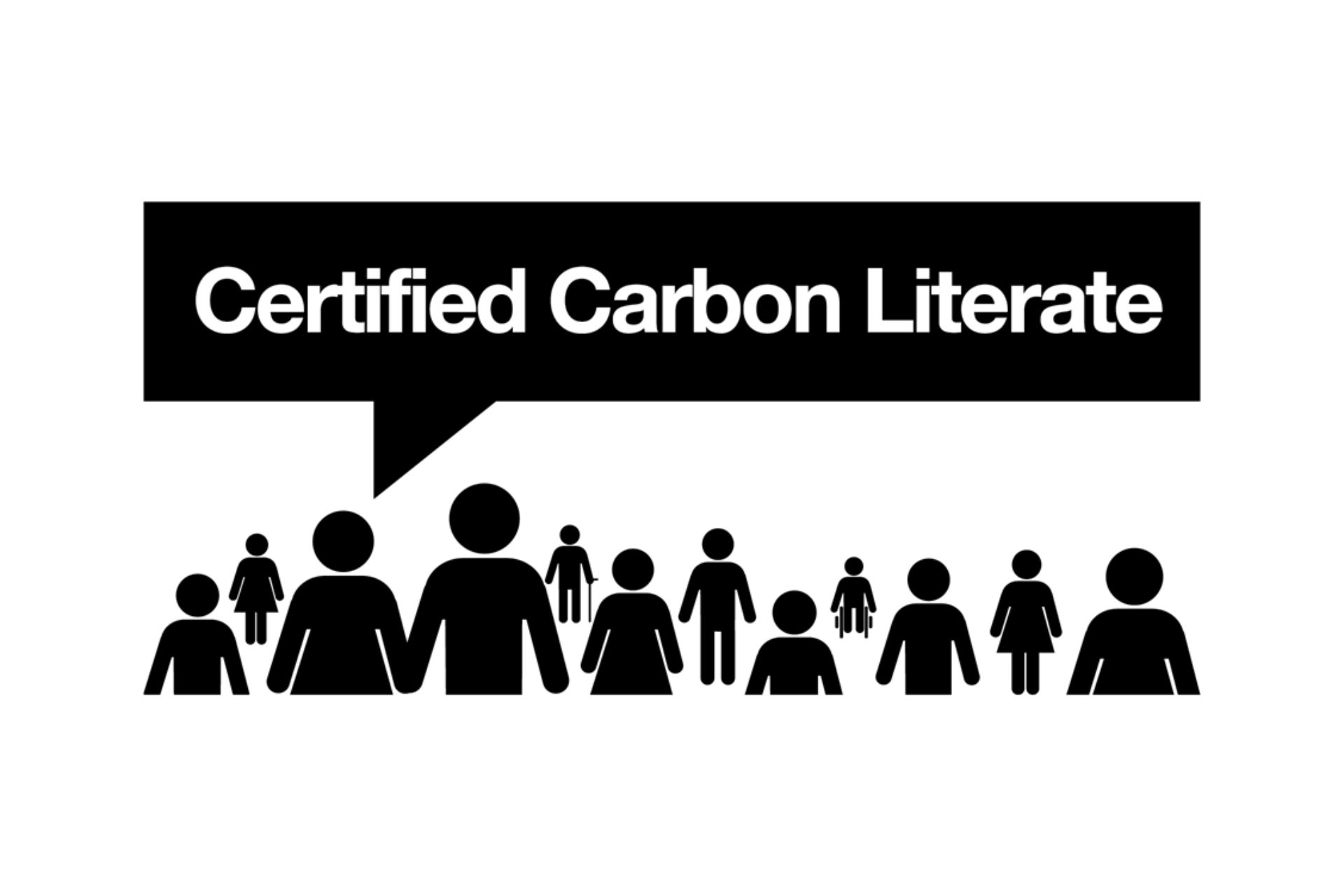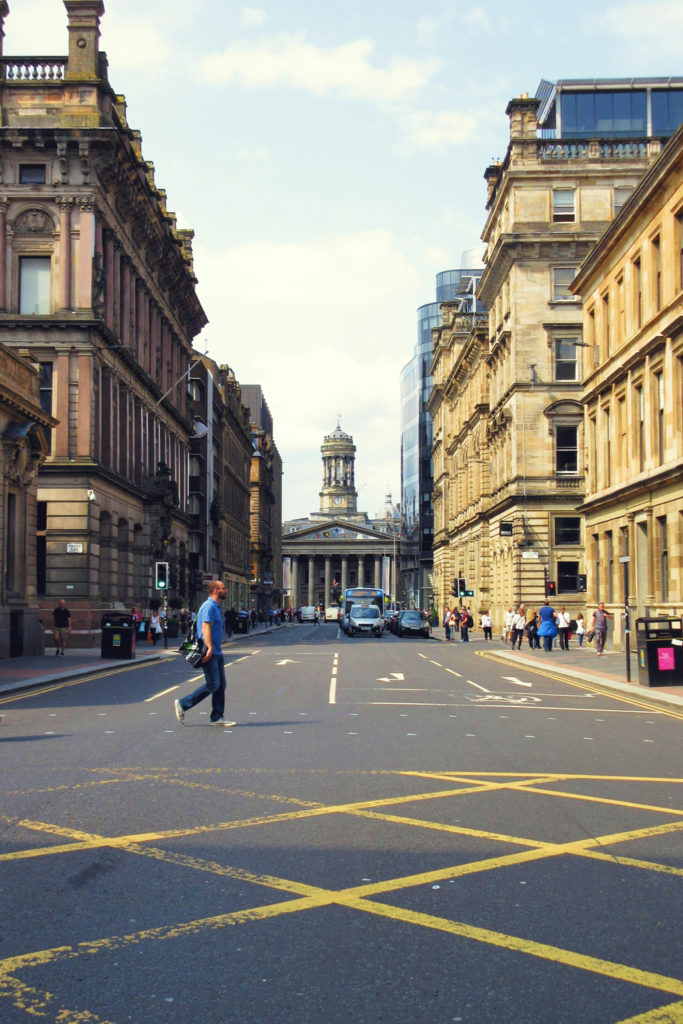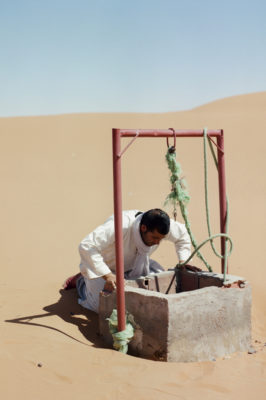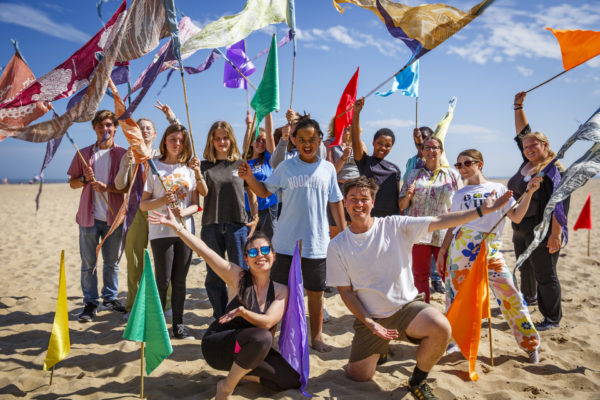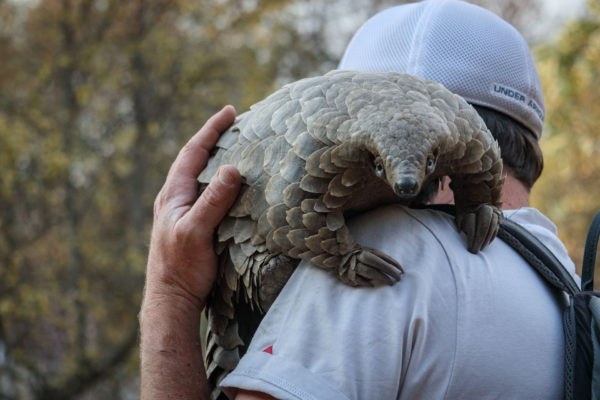
What Does It Mean To Be Carbon Literate?
By
10 months ago
Inside the Carbon Literacy Project
Small businesses really matter when it comes to overall carbon emission reductions, so members of the C&TH team took part in carbon literacy training with Positive Planet, to empower us both in work and our own lives to understand where we might play our own personal role.
Why Become Carbon Literate?
I think we all understand now that the world is getting warmer – and despite the poly-disasters that unfold seemingly daily (whether it’s the Greek floods in March, the Spanish floods or the apocalyptic Los Angeles fires – who even mentions that now?), we live in paroxysms of inaction. It’s far too huge and scary for us as individuals to know what to do, so maybe let’s sit it out and hope it goes away… Or perhaps we could bone up a bit and see if maybe, just maybe, we can be more useful than we think, and create a mindset shift to being more carbon-aware.
This is why C&TH wanted its staff to become Carbon Literate. Aligning well with our B Corp accreditation in 2023, we really want to keep engaging and inspiring our staff, so they, in turn, can have influence and impact in their own lives.
What Is The Carbon Literacy Project?
The Carbon Literacy Project is a UK-based initiative that aims to equip individuals and organistions with the knowledge and motivation to take meaningful action on climate change.
It offers training, resources and toolkits for various sections around ‘an awareness of the carbon costs and impacts of everyday activities, and the ability and motivation to reduce emissions, on an individual, community, and organisational basis.’
It’s supported by bodies like the UNESCO Global Action Programme on Education for Sustainable Development, and so far over 128,000 individuals (as of early 2025) have been certified across the UK and internationally.
What Did It Entail?
The day’s training took place in C&TH HQ and was run by two excellent hosts – Connor Grisdale and Andrea Wood – from Positive Planet, a consultancy with whom we already work to track and reduce our carbon footprint.
It started, as all good things should, with a story. Andrea took us back to her hometown of Manchester and the birth of coal mining. ‘My whole neighbourhood was an old coal mining community, and centuries of burning that coal [and oil] across the world is what has led to 1.2 degrees of global warming since the start of the Industrial Revolution’ she told us. ‘And we might think 1.2 of warming is insignificant, but a good analogy is if you turned your freezer up one degree or down, even though you’ve got one degree warmer in your freezer, it would start to impact the quality of the food that you are freezing in there. And that’s what’s happening on the planet. That turning up is altering the state and nature of our planet.’ Manchester, at the time, was just about recovering from the Stockport flooding.
With us all tuned in, Andrea makes the point that although it’s easy (and convenient) to point the finger at big companies and big corporations having a massive impact (which they are, without doubt), British Business Bank researched emissions coming from small businesses. They found that around a third of greenhouse gases in the UK come from the many, many thousands of small businesses around the country. The point being that while big businesses might have to reduce their emissions because of regulations, it’s getting into all the smaller businesses that’s really vital to make that impact on reducing our emissions here in the UK.
Which is why we’re here. We have already pledged to reduce our emissions in line with government targets (although as we know, these are looking politically shakier) and that means halving them by 2030, which isn’t so far away. And while we are not a huge emitter in the scheme of things, we can hopefully engage, inspire and empower our readership, too, who are influential in their own right. And that is how, Andrea says, to really drive transformative change. Culture changes people, and if more and more of us are talking about our own actions, then it creates a ripple effect.
What Have C&TH Pledged To Do?
So what can we do and what have we pledged? Andrea and Connor took us through some fun interactive quizzes running through all the climate-related acronyms (as this stuff can feel dry and complicated) and asked us lots of questions about our own lives. We all calculated our rough personal carbon footprint on the Giki app (download it here), for comparisons.
Most obviously, it was those of us who flew (I have to hold my hand up here – although as a business we’ve managed to reduce our carbon-related travel emissions for our content substantially – without impacting the quality) who had the biggest footprint.
Here are 10 individual pledges made by staff at C&TH that are both business and personal:
- Develop a sustainable events framework and commit to sourcing 50 percent of suppliers locally for the upcoming arts festival, dramatically cutting transport emissions.
- Go meat-free two days a week and organise quarterly clothes swaps in the office to reduce Scope 3 emissions and fashion waste, donating unclaimed clothes to B Corp-certified Thrift+.
- Spotlight eco-conscious media in the Culture section and co-create a ‘Greenwashing Bible’ to guide ethical editorial decisions across the brand.
- Limit international prizes in competitions to one per month, and implement an in-house greenwashing guide to scrutinise brands’ sustainability claims more effectively.
- Overhaul magazine production by stopping the use of biodegradable starch wrapping, switching to FSC paper, and reducing server data to cut emissions and e-waste.
- Make at least one print issue a year flight-free, eliminating travel for shoots and contributors, and cut paper usage by halving proof prints per issue.
- Lead investigative environmental journalism with long-form features and introduce a sustainable freelance policy covering travel, materials, catering and waste.
- Champion greener transport and family carpooling, promote cycling in the community, and lead eco-standards across new events, from energy use to training.
- Streamline digital storage after each issue, deleting thousands of unused high-res images and limiting the archive to three years, while redesigning with lower ink usage in mind.
- Adopt a plant-first approach to our recipes content, publishing at least two vegetarian or vegan recipes every month, and offering a plant-based alternative for any recipe that includes meat, fish or dairy.
C&TH found the Carbon Literacy Day immensely rewarding; not only did it foster a culture of care around how we do things with more consideration to our daily choices, but it was super informative – and fun. And we think fun has to be a big part of the culture around our carbon.
Big thanks to Positive Planet. positiveplanet.uk


